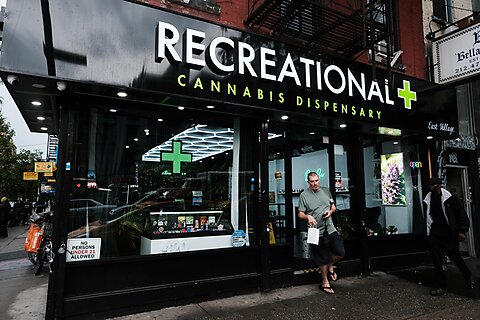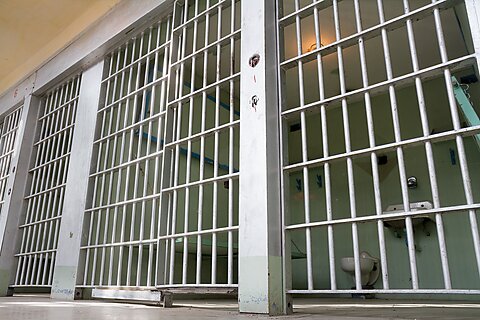
The Drug Enforcement Administration announced today that it intends to reschedule cannabis as Schedule III on its schedule of controlled substances. For the past half‐century, the DEA classified cannabis as Schedule I: “No currently accepted medical use and high potential for abuse.”
Of course, no serious person would argue that cannabis has “no currently accepted medical use.” As far back as 1916, Sir William Osler, the so‐called “father of modern medicine,” recommended cannabis as the “drug of choice” for treating migraines. But cannabis’s history of “accepted medical use” dates back to at least 2800 B.C.
President Biden had asked the Department of Health and Human Services to review cannabis classification in 2022, and last summer HHS recommended that the DEA reclassify cannabis to Schedule III: “Drugs with a moderate to low potential for physical and psychological dependence.”
The good news is that the federal cops practicing medicine—the DEA—finally recognize that cannabis has medicinal uses. Rescheduling should make it easier for patients to obtain the drug with a prescription in the states that have not yet legalized medicinal cannabis. To date, 38 states and the District of Columbia have legalized medicinal cannabis. It will also make it easier for researchers to perform high‐quality studies on the plant’s medicinal uses. And it will make it easier for cannabis retailers to take federal tax deductions from which the law has barred them.
The bad news is that it is still federally illegal for people to use cannabis recreationally. With rescheduling, the only way people will be federally permitted to purchase and consume cannabis will be if a health care practitioner prescribes it to them. This should be welcome news to recreational cannabis purveyors in the unregulated black market in the 26 states where recreational cannabis remains illegal.
The medical profession has long recognized that alcohol has medicinal uses. There is evidence that consuming moderate amounts of alcohol may be good for you. Alcohol can also be addictive and cause serious health problems, including cirrhosis, gastrointestinal cancers, cardiomyopathy, and encephalopathy. Yet, after their disastrous experience with alcohol prohibition, federal regulators have never sought to list alcohol as a controlled substance. People don’t need a doctor’s prescription to purchase a product from their local liquor store.
Tobacco has no currently known medicinal use but many known harmful effects. And, while relatively harmless, the nicotine in tobacco smoke can addict smokers and expose them to tobacco smoke’s harmful components. Yet the DEA has never listed cigars or cigarettes on its schedule of controlled substances, even though one can argue that they have “no currently accepted medical use and a high potential for abuse.”
I am not arguing for the DEA to add alcohol and tobacco to its list of controlled substances. On the contrary, I am calling for the DEA to remove a much less harmful—and more medicinally useful—product from that list.
Rescheduling cannabis is nice. It’s a small step in the right direction. But it doesn’t go far enough. The DEA should de‐schedule cannabis.



